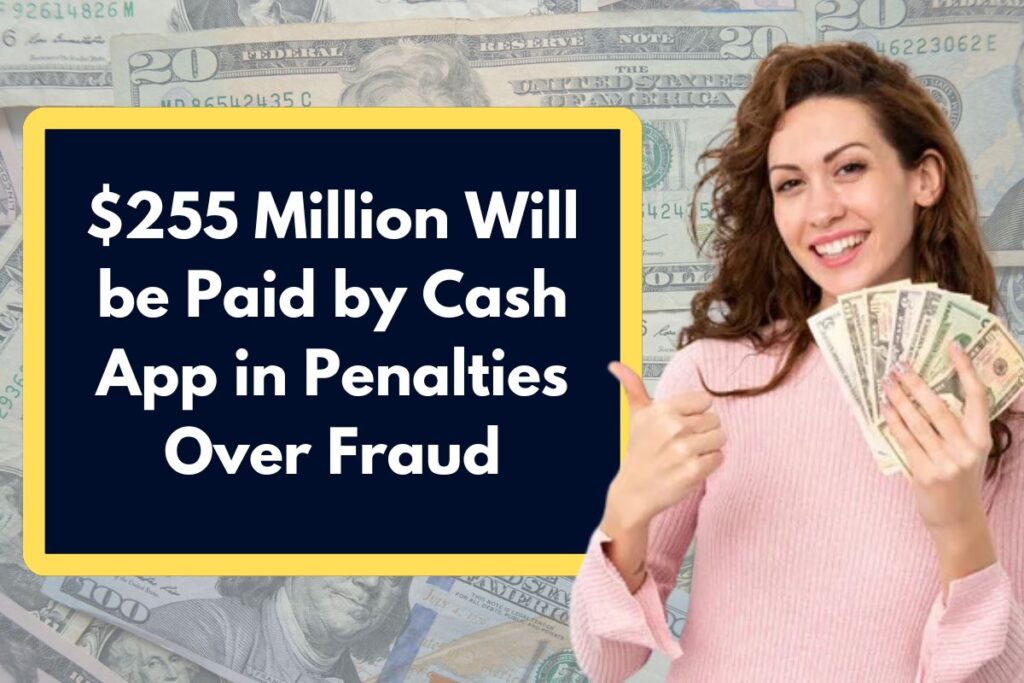Block Inc. has been fined a total of $255 million by the Consumer Financial Protection Bureau (CFPB) and U.S. state authorities for fraud and anti-money laundering (AML) violations connected to its well-known mobile payment app, Cash App. Block, a technology company owned by billionaire Jack Dorsey, has gained billions of dollars with Cash App, a smartphone payment app that permits instant money transactions and is well-liked by young people.
According to agreements the company struck with federal and state regulators this week, it was able to accomplish this in part by making it nearly hard for consumers to recover money lost in fraudulent transactions. The company delayed refunds and deceived its 50 million consumers about who was responsible for paying back their claims, according to the Consumer Financial Protection Bureau.
When consumers reported fraudulent transactions to Cash App, the company sent them to their banks rather than looking into the issue. The amount includes a fine of $55 million that will be used to support the CFPB’s victims relief fund and up to $120 million in consumer compensation.
Cash App Ordered to Pay $255 Million in Penalties Over Fraud
For violating the Bank Secrecy Act (BSA) and anti-money laundering (AML) rules, Block will pay a $80 million fine and take corrective measures as part of a coordinated enforcement action by 48 state financial authorities. Jack Dorsey’s company has been ordered by the Consumer Financial Protection Bureau (CFPB) to pay a penalty of $55 million into the watchdog’s victims compensation fund and to reimburse and provide other help to customers up to $120 million in a separate case.
Financial services companies are obligated by BSA/AML regulations to do due diligence on clients, which includes confirming identities, disclosing questionable activities, and implementing suitable controls for high-risk accounts. Due to Block’s refusal to comply with state regulations, there was a chance that its services might be used to facilitate money laundering, terrorism funding, or other illicit activity.
Block agrees to pay USD 255M to regulators for Cash App fraud
The CFPB and state authorities have ordered Block to pay a total of $255 million for AML and fraud connected to Cash App. According to a news release issued by the federal government on Thursday, the company specifically agreed to pay a $55 million penalty to the Consumer Financial Protection Bureau and to provide up to $120 million in compensation to victims.
The CFPB noted that Block reportedly sent customers who lost money to their banks for compensation, but when the banks returned to the company for reimbursement, Block would turn down their requests.
A consent order filed by the agency claims that Block, which is operated by former CEO and Twitter co-founder Jack Dorsey, used lax security procedures that exposed Cash App users to fraud and offered “woefully incomplete” investigations and customer service to settle disputes.

Jack Dorsey’s Block hit with $255M in penalties for fraud for Cash App
Cash App, the smartphone payments application that facilitates instant money transfers and is popular with young people, has produced billions in earnings for Block, the online conglomerate led by the billionaire Jack Dorsey. The company delayed refunds and deceived its 50 million consumers about who was responsible for paying back their claims, according to the Consumer Financial Protection Bureau. When consumers reported fraudulent transactions to Cash App, the company sent them to their banks rather than looking into the issue.
The company made it difficult for victims of fraud to file claims, according to the federal regulator, by directing them between its website and a phone number that played a recorded voice telling them to go to the website. Regulators claimed the goal was to wear out clients until they gave up.
Cash App, Venmo, and Zelle are among the expanding number of peer-to-peer payment apps that facilitate money transfers for both people and companies. Those under 50 and Black and Hispanic users are especially fond of the Cash App. It has a lengthy history of fraud and scam allegations, as have other comparable payment platforms.
This week’s measures were conducted independently by the C.F.P.B., a government department that has been extremely active in the weeks leading up to President-elect Donald J. Trump’s inauguration, and 48 state attorneys general. Cash App will pay the C.F.P.B. $55 million, states $80 million in fines, and victims of fraud $120 million. Additionally, the federal authorities mandated that Cash App be more attentive to fraud reports. One of the criteria was to establish a 24-hour hotline, which Cash App had previously claimed to run but which the authorities argued was not the reality.
According to a CFPB survey from 2023, almost three-quarters of American citizens have used a mobile payment app like PayPal, Venmo, or Cash App. According to Cash App, which was introduced in 2013, after a surge of new users during the epidemic, it has recently made large expenditures in customer service and more effectively addressing issues.
| Homepage | KeralaCoBank.Com |
Samarth Choudhary is a Chief Editor at keralacobank.com. He has overall editorial experience of 10 years in online media. He has completed his graduation from University of California and masters in Finance from University of Dallas in year 2010. His major interest and expertise is in Finance, Taxes, Government Aid and Schemes. His Major focus is to help users to get relevant information which are published on keralacobank.com in easy and precise form.

